We’ve talked about gardening on our previous Prep Blog Review, and now we are focusing on taking care of your livestock too. Once the weather gets warmer it’s the perfect time to start cleaning their spaces and think of adding up to your existing farm animals.
So, with that in mind, let’s look at five articles on this topic we found for you these days!
1. How To Attract Barn Owls (And Keep Your Homestead Rodent-Free)
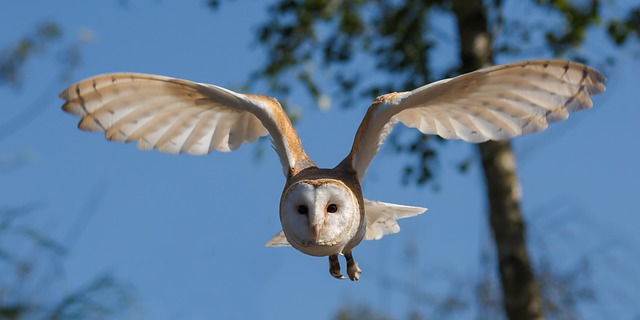
Barn owls don’t build their own nests, however; they look for sheltered places to roost and nest. Traditionally invited into barns, today’s owls rely on natural crevices and man-made boxes to find a place to hatch and rear young.”
Read more on Off The Grid News.
2. 3 Non-Lethal Ways to Protect Your Livestock from Predators
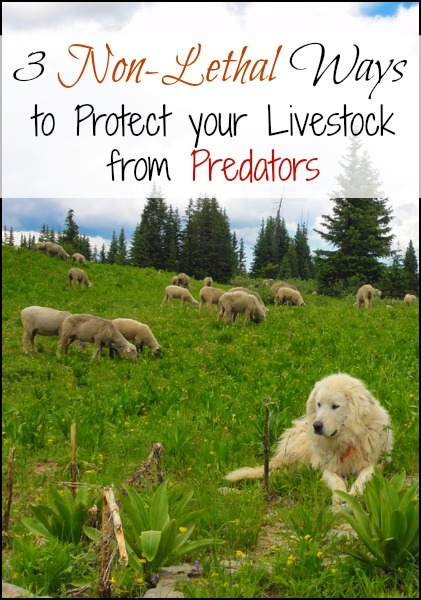
While you may be tempted to break out your shotgun, there are numerous non-lethal steps you can take to keep your animals safe. Join us for this guest post!
Guardian Animals
Guardian animals are one of the oldest forms of livestock protection. While dogs tend to be the most common guardian animals, llamas and donkeys are also popular choices.
Dogs
Guardian dogs are raised from puppyhood with the animals they are meant to protect. Certain breeds are commonly used, such as the Akbash or Great Pyrenees — however, not all dogs within those breeds are suitable.”
Read more on Homestead Lady.
3. This Little Piggy Went to Slaughter
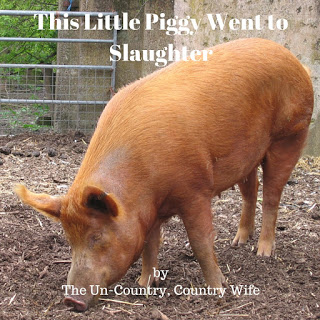
Without any further delay, I present to you my wife, the Un-country Country Wife and This Little Piggy Went to Slaughter.”
Read more on The Rural Economist.
4. How To Keep Poultry Through The Winter
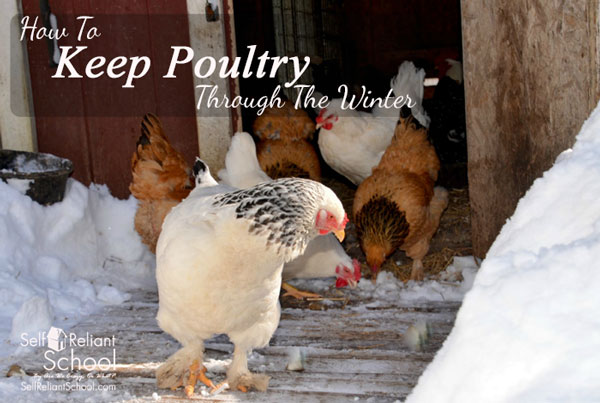
Making sure that your poultry flocks are happy and healthy through the winter will ensure that they reach the spring and prime egg laying time in top conditions. What types of things should you be looking for, and how warm do they need to be?
Winterizing The Coop
Ideally, winterizing the coop should have been done in the fall. Making sure the structure and roof were solid and that any holes were repaired is best accomplished in the fall, during nicer weather.”
Read more on Self Reliant School.
5. Alaskan Chicken Coop 24×10
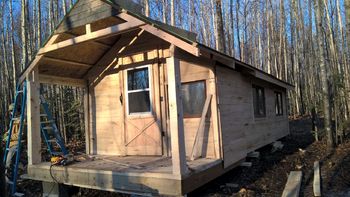
We started building the coop in the shop.
Two coats of paint. We used yellow because we had accidentally bought the wrong color last fall and didn’t end up using it in the house. So it was just sitting around”
Read more on Backyard Chickens.
And if you want to learn more about tending to your chickens, check back our website again tomorrow for a great article that will show you how to DIY 9 awesome types of chicken feeders!
This article has been written by Brenda E. Walsh for Survivopedia.


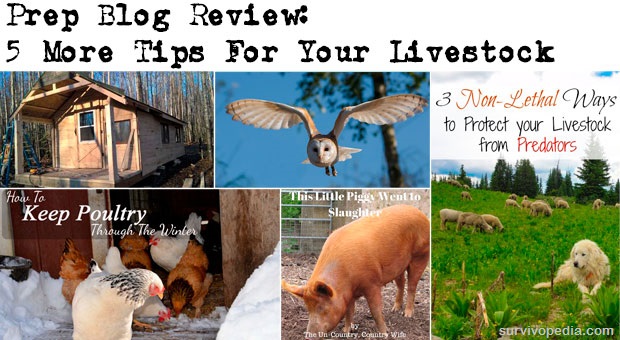

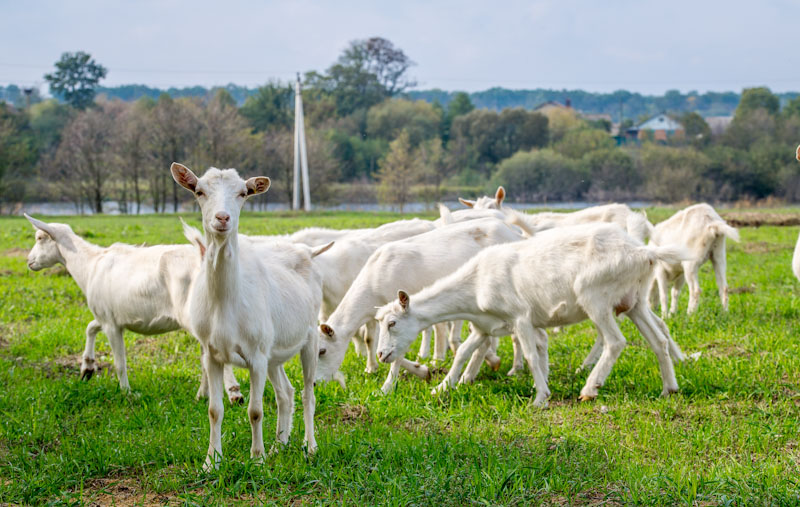

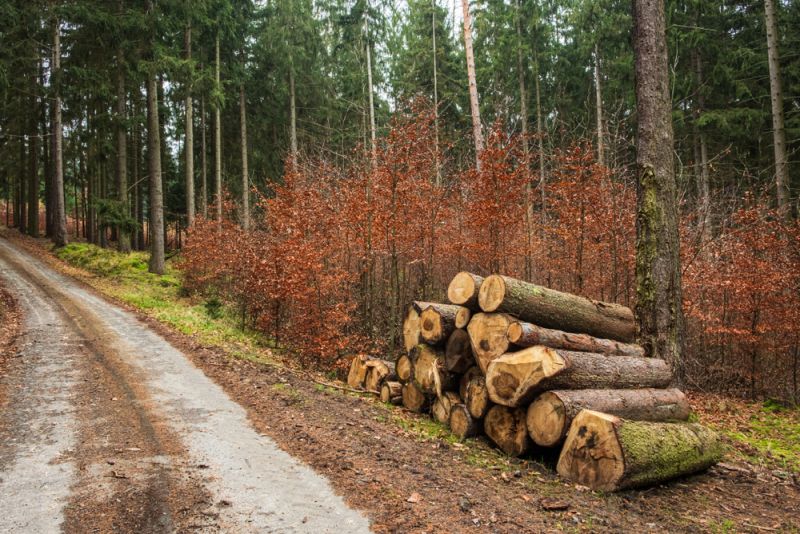
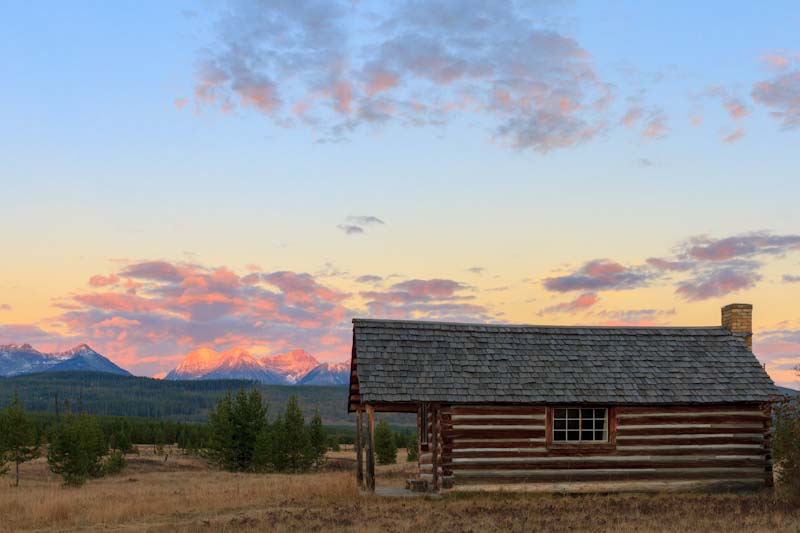


Pingback:Survival News 02/27/16 | Survival Pulse | Daily Survival & Prepper News | February 28, 2016
|